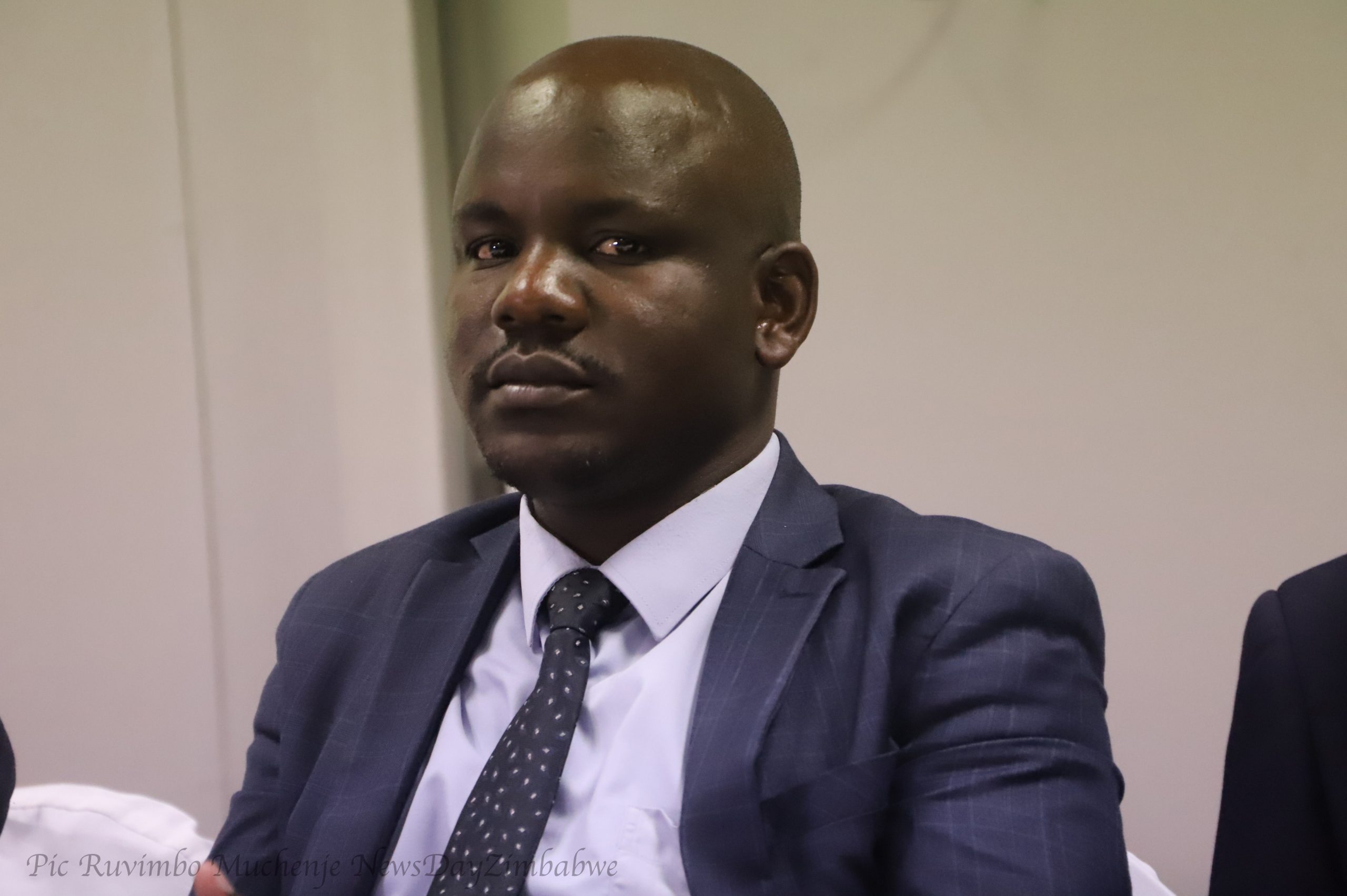
BY SILAS NKALA
Bulawayo mayor Solomon Mguni has warned that it is becoming increasingly difficult to draw water from the city’s supply dams and urged the government to intervene to avert a disaster.
A fortnight ago, the city introduced an 108-hour rationing schedule at a time the country is battling the spread of the coronavirus as water levels at the main supply dams dropped drastically.
In a report tabled at a recent full council meeting, Mguni said the city’s supply dams were at 31,73% full.
Umzingwane and Upper Ncema dams have since been decommissioned while Lower Ncema will run dry next month, according to council’s projections.
“The drawing of raw water from the dams is increasingly becoming a challenge, and to that effect, council reviewed the (water rationing) schedule from 96 hours to introduce a 108-hour shedding programme with effect from April 8,” Mguni said.
“The City of Bulawayo still awaits the declaration by the government for Bulawayo as a water shortage area so that we get the urgent support in water augmentation projects to increase water supply in the city.
“It is important that at this point in time, the residents of the city recognise the dire state that Bulawayo is in.”
- Chamisa under fire over US$120K donation
- Mavhunga puts DeMbare into Chibuku quarterfinals
- Pension funds bet on Cabora Bassa oilfields
- Councils defy govt fire tender directive
Keep Reading
Mguni said once Lower Ncema was decommissioned, only 60-65 megalitres of raw water would be available per day from the remaining three supply dams and Nyamandlovu aquifer.
“We continue to lobby the government to avail raw water sources for Bulawayo so that we ensure adequate water for the residents.
“We also urge residents to continue to save water,” he said.
The remaining supply dams would be Inyankuni, Insiza and Mtshabezi.
Council said a declaration of the city as a water shortage area would help it to mobilise support to explore other sources of the commodity such as boreholes.
Bulawayo has been battling perennial water shortages for decades and the government has done little to invest in alternative sources with the Matabeleland Zambezi Water Project mooted in 1912 still to take off.










